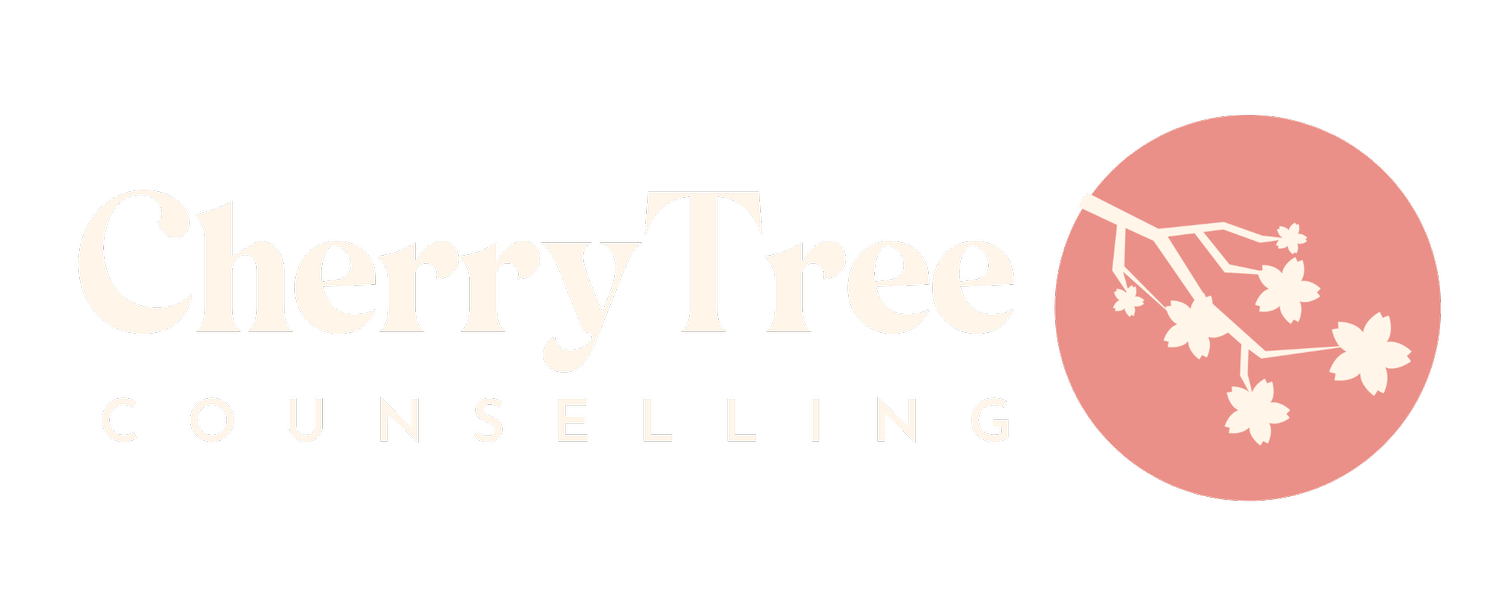
CREATIVE HEALING FOR ALL AGES IN THE HAMILTON/HALTON REGION
Art Therapy
At Cherry Tree Counselling, we offer art therapy as a unique and accessible path to emotional healing and self-expression. Whether you're a child, teen, or adult, our art therapy services in Dundas provide a safe space to explore your inner world through creativity.
When Words Aren’t Enough
Sometimes, emotions and experiences are too complex or painful to articulate verbally. You might know something doesn’t feel right, but finding the words to explain it can feel overwhelming—or even impossible.
Maybe you’ve tried to talk about it before and felt misunderstood. Or maybe your feelings are so tangled that you don’t know where to begin. That’s where art therapy can offer something different: a gentle, creative way to express what’s inside without needing to explain it all out loud.
You might be navigating:
Anxiety or depression
Grief and loss
Trauma or PTSD
Neurodivergent experiences (e.g., ADHD, Autism, FASD)
Low self-esteem or identity challenges
Art therapy offers a non-verbal outlet to process these feelings, providing relief and insight when traditional talk therapy feels daunting or insufficient.

How Art Therapy Can Help
Art therapy combines the creative process with psychological support to foster healing and personal growth. Through activities like painting, drawing, or collage, clients can: express emotions safely, enhance self-awareness, build coping skills, improve self-esteem, process trauma and grief.
Artistic skill is not required—just a willingness to explore and create.
Our Approach to Art Therapy
Art therapy is a warm and inviting way to tap into your creativity while supporting your mental health. It’s not about being an artist; it’s about using art to express what’s often hard to put into words.
Frequently Asked Questions
Have more questions?
-
Not at all. Art therapy focuses on the process of creation, not the end product. It's about expressing yourself, not producing a masterpiece.
-
We use a variety of materials, including paints, pencils, clay, and collage items. The choice depends on your comfort level and therapeutic goals.
-
Absolutely. While some clients prefer to create quietly, others find it helpful to talk about what they’re feeling or what’s coming up as they work. There’s no one right way to experience art therapy—your therapist will support whatever feels most comfortable and helpful for you.
-
Art therapy isn't about learning techniques or creating “good” art—it's about using creative expression as a therapeutic tool. Sessions are guided by a trained therapist who helps you explore emotions, themes, and insights that emerge through the art-making process. The focus is always on your emotional well-being, not artistic skill.
-
Yes. Art therapy provides a safe space to process traumatic experiences, allowing clients to express and work through difficult emotions non-verbally.
Meet Rebecca
Rebecca Harper is an RP (Qualifying) and Art Therapist at Cherry Tree Counselling. She specializes in supporting neurodivergent children and youth, including those with FASD, ADHD, and Autism. Rebecca also works with clients navigating historical trauma, grief and loss, and mood disorders such as anxiety and depression.
In addition to her work with children and teens, Rebecca offers art therapy for adults seeking a creative, non-verbal approach to healing. Whether you’re processing trauma, managing stress, or reconnecting with your sense of self, Rebecca’s compassionate, client-centred approach provides a safe and supportive space to explore your inner world through art—at your own pace.

Curious?
Book an initial session with Rebecca to explore how art therapy may be helpful for your situation.



















